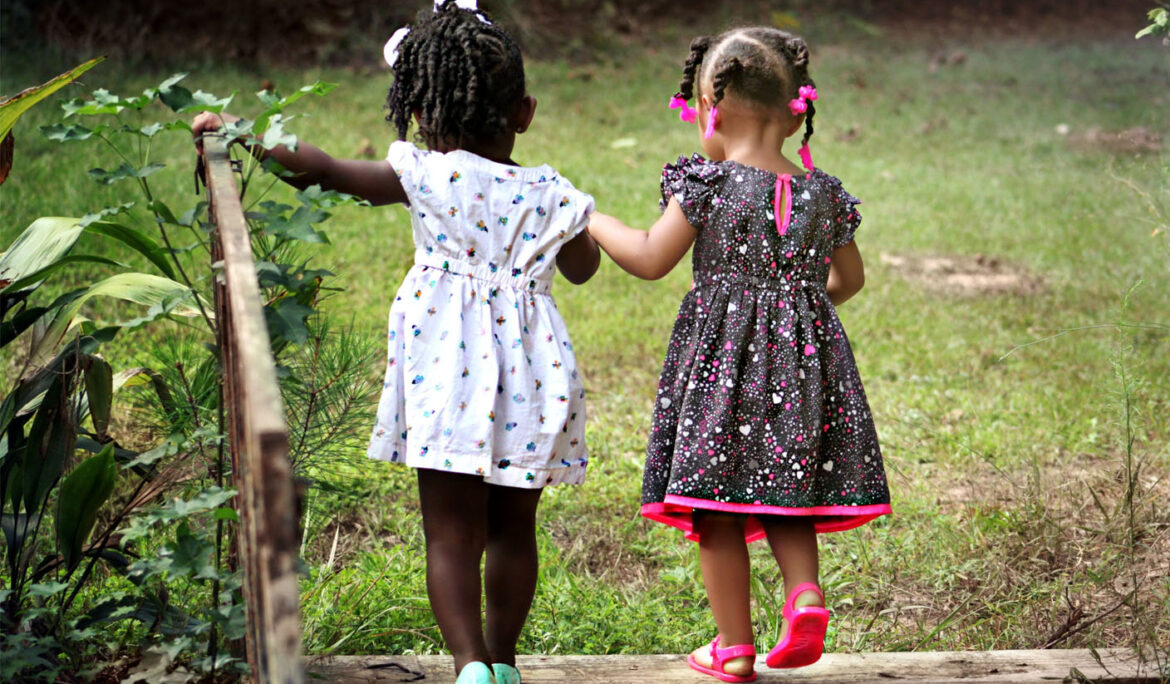Custody refers to a person’s capacity physically to have the child with him or her and to control and supervise the child’s daily life (J. Heaton, South African Family law, page 171). The issue of custody of a minor child becomes relevant when parents are divorced, separated or living apart. When granting a decree of divorce, judicial separation or nullity of marriage the court will also deal with the issue of custody. Where the parties are not legally married and are living apart either may approach the court for a determination of custody. In some cases, such parties may agree themselves without approaching the court but it is always best to have such agreement made an order of the court. When determining the issue of custody of minor children, the court is guided by section 81(2) of the Constitution of Zimbabwe which provides as follows;
“A child’s best interests are paramount in every matter concerning the child.”
A custodian parent has certain rights and powers when exercising custody and it is important to understand what these rights and powers are. The rights and powers of the custodian parent were succinctly set out in the case of Makuni v Makuni 2001 (1) 189. The court quoted Boberg Family Law at p 460 where it is stated as follows:
“An award of custody to a mother entrusts to her all that is meant by the nurture and upbringing of the minor children. In this is included all that makes up the ordinary daily life of the child – shelter, nourishment and the training of the mind … The child … passes into the home of the mother, and there it must find all that is necessary to its growth in mind and body …. A custodian parent has therefore the right to regulate the life of the child, determining with whom he should or should not associate, how he should be educated, what religious training he should receive and how his health should be cared for. The non-custodian parent has no right to interfere in these matters, though he may petition the court to do so if it appears that the custodian parent has exercised his discretion in a manner contrary to the interests of the child or in conflict with an order of court. Otherwise, he is confined to his right of access to the child.”
In essence the custodian parent has the right to control the minor child’s life and this includes education, religion, place of residence and general upbringing. It is possible that a custodial parent can exercise custody through another person but where this arrangement seems permanent then it can be held that one has parted with custody (see Domboka v Madhamu HH179/04)
The question that arises is whether the custodian parent has the right to remove the child from Zimbabwe or from the jurisdiction of the court? According to case law there is no legal principle that bars a custodial parent from removing the child outside the jurisdiction of the court unless it is shown that this will not be in the best interests of the minor child. In Routledge v Hertz 1988(1) ZLR 252 (HC) the judge had this to say;
“I also consider that, in the absence of an express stipulation that the children be kept at a particular place or were to be brought to the non-custodian parent , it is incumbent upon the non- custodian parent to go to exercise her rights of access at her own expense wherever the children may be , provided of course the custodian parent does not purposely put the children away from the other parent’s reach, to frustrate that other parent’s right of access.”
Although removing a child from Zimbabwe removes her or him from the jurisdiction of the court, our courts have generally been inclined to grant the custodian parent the right to emigrate with a minor child unless it is not in the best interests of the child to do so (see Minezhi v Boora 201/2020). It is submitted that where one foresees, at the time of granting the divorce, that they may emigrate, it is wise to include an order to remove the child from Zimbabwe to avoid coming back to court again.
The contents of this article are for general information purposes only and do not constitute our legal or professional advice. We accept no responsibility for any loss or damage of whatsoever nature which may arise from reliance on any of the information published herein.
Copyright © Marume & Furidzo Legal Practitioners 2022




2 Comments
Resurrection
L think the one who is supposed to be responsible is the father because he is the one who works and it as can disrupt the mother to move on to another relationship whereas it’s easy for the father to move on to another relationship with his children.
Marume & Furidzo Legal Practitioners
Thank you for your enquiry., kindly get in touch by visiting us or contacting us via Whatsapp for legal support
Address: 4th Floor, North Wing
Mercury House
24 G. Silundika Ave
Harare, Zimbabwe
Phone: Telephone: 263 242 700609
Mr. Marume: +263 772 834 327
Mr. Furidzo: +263 772 380 877
Email: info@marumeandfuridzo.com
marfurlegal@gmail.com